When you hear the acronym A2LA, it refers to the American Association for Laboratory Accreditation. As a non-profit organization, A2LA offers accreditation services to, among other entities, testing and calibration laboratories. This formal recognition is a nod to the fact that laboratories meet stringent quality and competence standards tied to their field.
Here, we’ll take a closer look at A2LA as an organization, what it requires of accredited laboratories, and how A2LA accreditation impacts lab operations in a meaningful way.
A Brief Overview of A2LA as an Organization
A2LA is an independent accreditation body. A lack of affiliation with any industry or government agency ensures that the organization takes an impartial stance when they assess the technical competence and quality of accredited testing and calibration laboratories.
The mission of A2LA is to “inspire confidence in the quality of services and acceptance of results from accredited organizations.” It achieves this goal through established standards and rigorous criteria to demonstrate compliance.
Although A2LA is based in the U.S., A2LA accreditations are internationally recognized.
What Are A2LA Accreditation Requirements for Labs?
While A2LA accreditation requirements can vary based on the type of lab and the tests or calibrations it performs, the organization focuses on a few key areas for assessment:
Quality Management Systems
- Does the laboratory have documented procedures and policies that outline their quality management system for sample identification, equipment calibration, etc?
- Are the laboratory’s organizational structure, roles, and responsibilities clearly outlined to demonstrate authority and accountability?
- Does the laboratory conduct regular internal audits to assess compliance and identify where there are opportunities for improvement?
Personnel Competence
- Do laboratory personnel have the education, training, and experience to ensure they’re qualified to perform specific tests or calibrations?
- Do laboratory personnel receive necessary ongoing training and development?
Testing & Calibration Methods
- Does the laboratory validate and document their testing and calibration methods to verify accuracy?
- Are there procedures in place to prevent contamination or degradation when receiving, handling, and storing samples?
Equipment & Measurement Traceability
- Can the laboratory demonstrate that their equipment is calibrated, maintained, and traceable to relevant standards?
Measurement Uncertainty
- Does the laboratory estimate and report measurement uncertainty to confirm that their results are reliable?
Other areas of A2LA assessment include data handling/reporting, customer service, records and documentation, proficiency testing, and safety and environmental considerations.
It’s important to note that an A2LA accredited laboratory is subject to routine assessments to ensure compliance is maintained with A2LA accreditation standards. This process standard applies to non-governmental testing and calibration laboratories, as well as public service entities like regulatory and government agencies, public utilities, and more.
The Benefits that A2LA Accredited Labs Can Expect
Earning A2LA accreditation offers an assortment of benefits for laboratories. These specific advantages include:
- Increased credibility: As a mark of excellence and competence, A2LA accreditation instills market confidence in the quality of a laboratory’s services.
- Competitive advantage: When laboratories earn A2LA accreditation, they’re better positioned to secure contracts and partnerships as well as reduce risks.
- Operational excellence: An accredited laboratory operates in a culture of continuous improvement where they track relevant performance metrics and are always identifying ways to stay at the forefront of their industry.
How a Temperature Monitoring System Fits Into the Picture
Temperature monitoring is a critical part of quality control in laboratories. Investing in a robust monitoring system like CORIS empowers lab personnel to take corrective action quickly when temperature deviations occur and mitigate risk. And with temperature data easily accessible, labs have an electronic audit trail to demonstrate compliance during an accreditation assessment. All the while, the investment itself shows that laboratories take environmental control seriously and have the systems in place to ensure that the required conditions are met.
To learn more about how CORIS can support your laboratory operations, contact us today for a demo.
